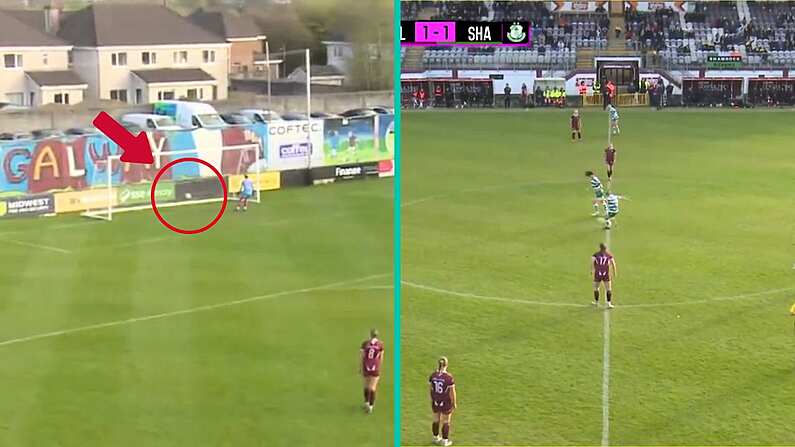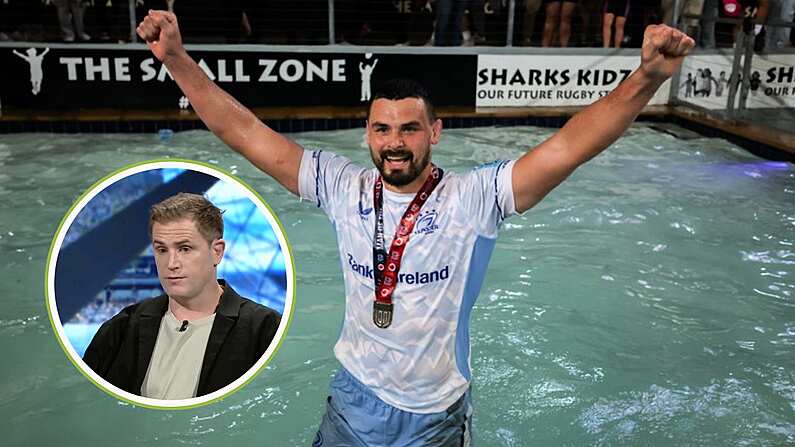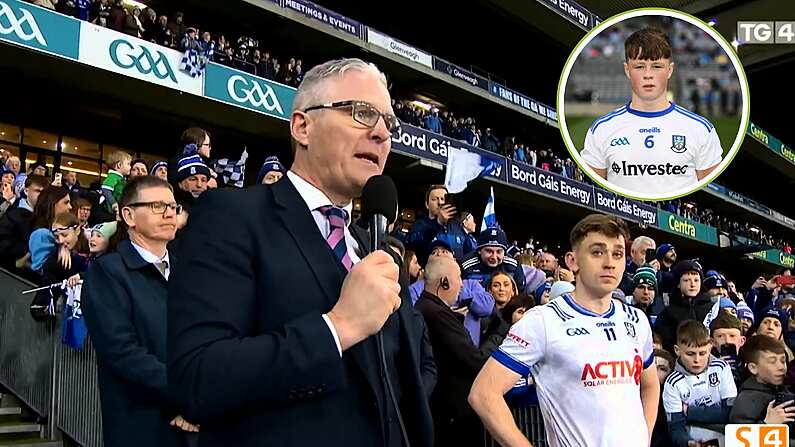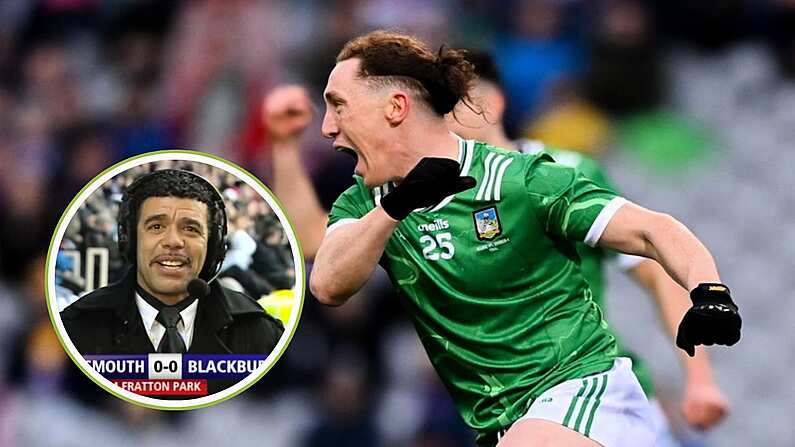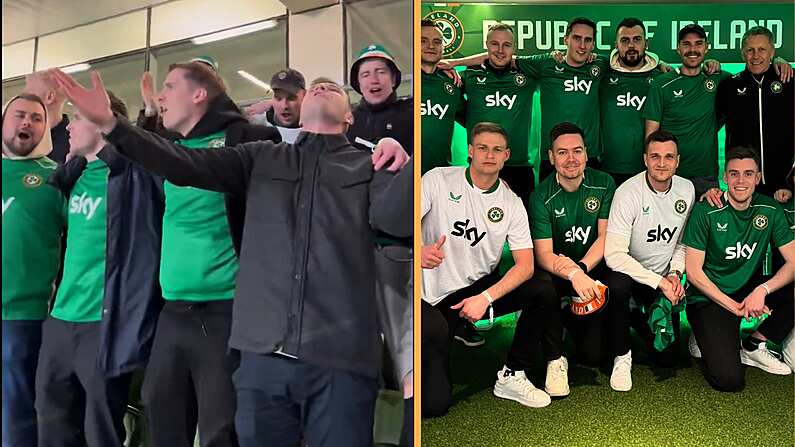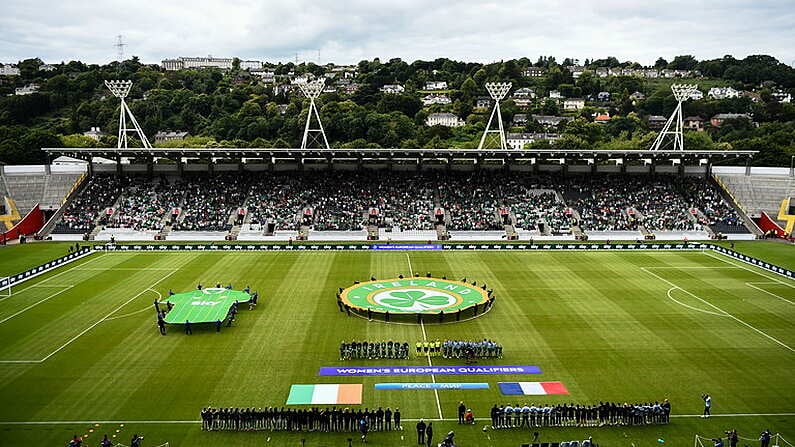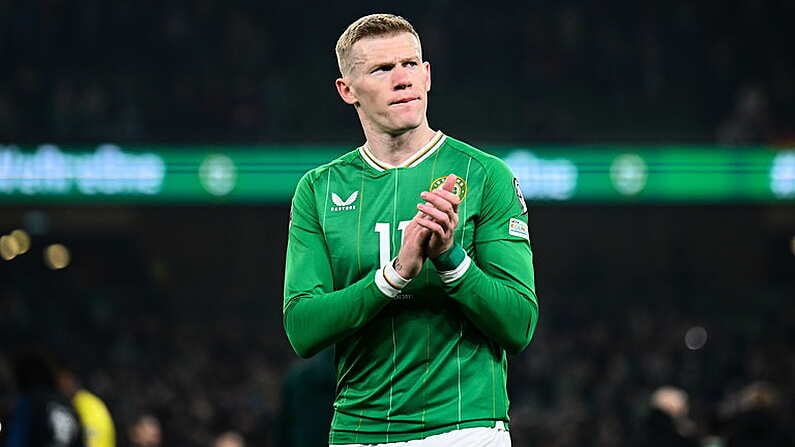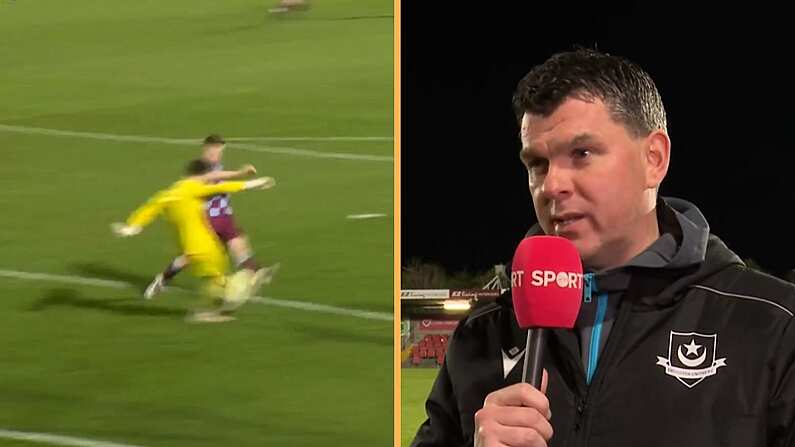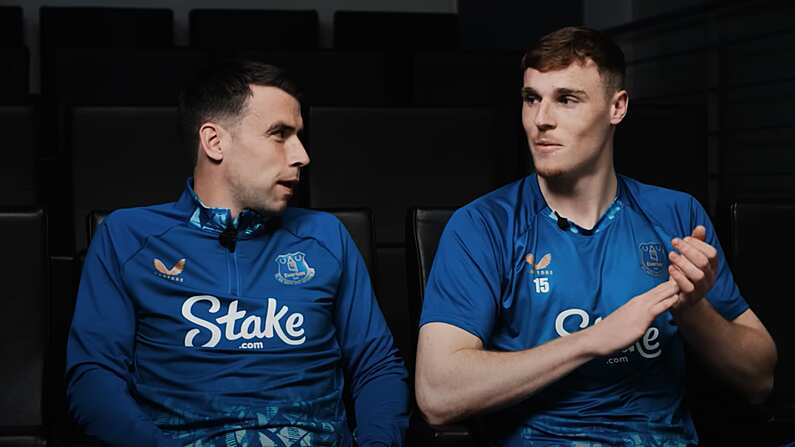When he decided to join Manchester United in November 1986, Alex Ferguson spoke of the tremendous "care and concern" that this club inspired in people across the country.
Eighteen years after Matt Busby had led the first English club to European Cup success in Wembley, perhaps the more poignant cause for such interest rested with the Munich air disaster of 1958 and the evisceration of Busby's initial 'Babes.'
Not nearly resembling the global phenomenon that Ferguson would transform the club into over the seasons to come, United, a little over ten years after suffering the brief ignominy of relegation from England's top flight, possessed a historical narrative - a heritage, dare we say - that a wider populous could attach themselves to.
https://www.youtube.com/watch?v=HUibDibXfUI
Although it is now nigh on impossible to correlate one vision of the club with the other, Jose Mourinho's apparent efforts at propelling his lesser version of the same club away from the high mystique of Ferguson's era have taken a curious turn in recent weeks.
Conceding on one hand that he envisions the kind of club he will hand over to an eventual successor, his influence on players like Romelu Lukaku, Nemanja Matic and David De Gea will seemingly reassert a broader club mentality that will readmit the club to the pleasures of Europe's top table.
At pains to remind those so interested in his struggles that this club is in a period of transition, such a happier future will clearly command a serious deal of work from the Portuguese coach. Thoughts cannot but turn then Mourinho's own status and whether he, like the club, can redeem certain characteristics with the passing of time.
Given the sheer cyclical nature of professional football at this level (with a club the size of United), Ferguson's extended era in charge displays a series of disappointing lows preempting joyous highs - most drastically, the drop-off in from 2003/04 to 2oo5/06 leading into the formation of (maybe) Ferguson's greatest United team to date in the years thereafter.
Although only the most fervent of anti-United fans would suggest that the club's current slump is an inescapable collapse, how capable of reinvigorating it is the seemingly deteriorating Mourinho?
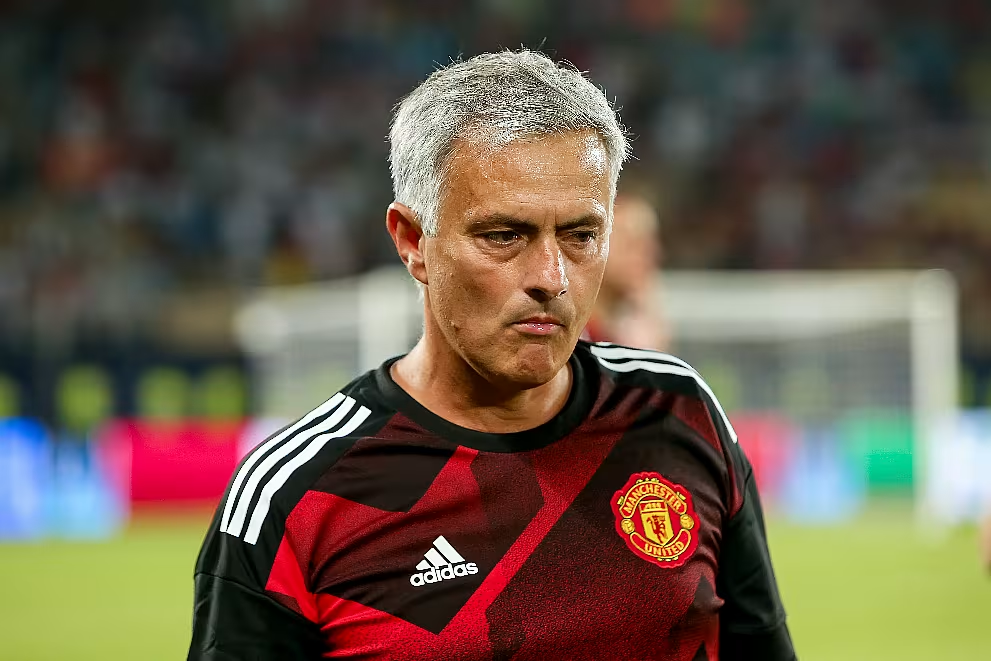
Littered with references to it's own cyclical nature, the very structure of organised football even tarries with the planet's own breakdown into seasons.
Year by year, a new season begins as the old one ends. It is upon this kind of repetition that the great irony of Old Trafford's pre-match 'song' rests; the Stone Roses' "This is the One" seemingly standing at odds with the recurrence of almost every fixture again, and again, and again.
In Mourinho, we are presented with a manager whose career has been read in such a fashion; the three year extravaganzas that follow an early to late framework where the 2nd year is the highest point between the rise and eventual fall.
The apparent reliability - nay, predictability - of what Mourinho brings to a club undoubtedly informed United's decision to eventually go for him. Yet, with his second year failing to meet previous standards, Mourinho's insistence on patience and time goads many to comment that previously, the Portuguese never needed such favours.
How fair is it however to set his current efforts against previous experiences in such a matter as timeliness? How well does this 3-year claim hold up in previous experiences?
Taking Porto initially, the Portuguese spent 2 and a 1/2 years with the club. Arriving at the mid-way point of the 2001/02 season, those initial months lay the foundation for two full seasons in which 6 trophies would be won; the Champions League most memorably.
An astonishing peak, Mourinho's ultimate departure for Chelsea did not come on the back of any acrimony or breakdown in communication; relationships were stable enough for Ricardo Carvalho and Paulo Ferreira to follow their manager to London. The general reverence with which Vítor Baía speaks his name another telltale sign.
At Chelsea, the success was more instantaneous. Although the Champions League remained elusive, five trophies in three full seasons gave Chelsea the kind of prestige Roman Abramovich had hoped Mourinho could instigate. Yet, it is here that the third-year implosion theory takes hold - that this period remains the longest tenure of any manager appointed during the Abramovich era is a detail that shall be returned to.
Onto Inter Milan. His shortest job to date, Mourinho's two years in Italy again saw his club claim every available honour; five trophies in two years, Champions League victory the pinnacle. Departing for the illustrious offer of managing Real Madrid, once again, no real acrimony in Milan was forthcoming.
Although his patience with the Italian media (and theirs with him) was dwindling, there was little reason to believe that his ties with his own players had strained.
And then, the two jobs that seemingly reinforce the theory beyond all doubt; Real Madrid and Chelsea, again.
It is unquestionable that for the first (and second) time, Mourinho's spells in Madrid and London ended amid claims of irreparable damage between the players and the Portuguese. Yet, stepping outside of Mourinho's experience, how does his spell with both clubs tarry with others who came before and after him?
As things stand, Mourinho's three years at Madrid make him the club's second-longest serving manager (Vincente del Bosque lasted 3 and a 1/2) since Leo Beenhakker departed in 1989.
His 2 and a 1/2 year stint with Chelsea second-time round puts him second (to himself) in terms of longevity sustained by a manager during the Abramovich era.
So what, you may say?
Well, contrary to the perception that Mourinho's calling-card is a short, sustained burst of success, in those most difficult, unforgiving circumstances, he has tended to outlast his esteemed colleagues. At Madrid particularly, Fabio Capello, Carlo Ancelotti, Jupp Heynckes offer a sampling of those elite managers who have fared worse.
Enduring a slightly problematic spell with Manchester United where he nonetheless appears safe in his role, how capable is he of shifting the parameters so swiftly back in United's favour?
Although measuring the success of the club against his own input directly tends to fall a little too carelessly into the belief that a manager is the sole reason for whatever happens, previous experience tells you that at those clubs where he has fared best, his successors stumble. Contrarily, Real Madrid have gone on to claim three Champions Leagues since his departure in 2011; Chelsea have enjoyed as much (if not more) success in his absence rather than his presence.
Manchester United could be the making of Jose Mourinho, but as for his efforts at (re)making Manchester United, one senses that the further he treads his current path, the long-standing experience will be one of recrimination and resent.
Happily for Manchester United fans, this could just be the catalyst needed for productive change.


